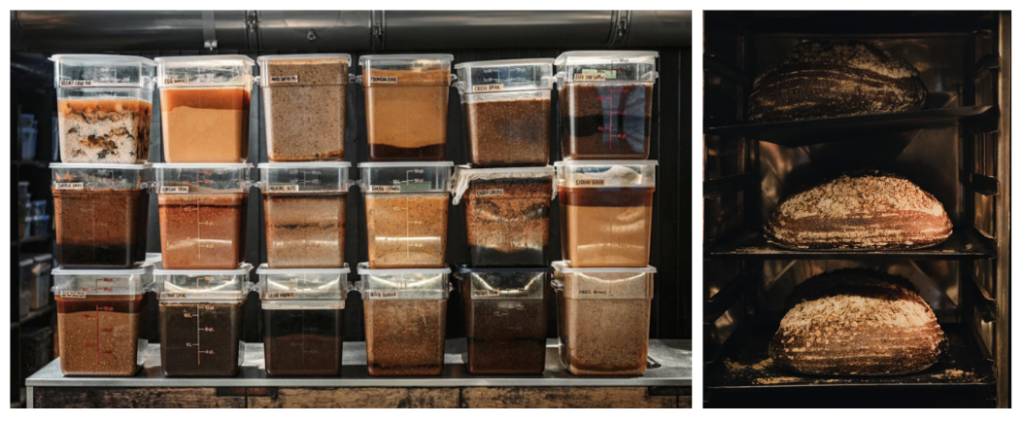A groundbreaking new commercial fermentation site
Introducing a brand new Fermentation Factory, by the world’s first zero-waste restaurant Silo, in partnership with Crate Brewery. To mark the 10 year anniversary of Silo’s inception, Founder Douglas McMaster and team are delighted to launch a new site for the cultivation of commercial quantities of koji, ‘zero soy sauce’ and beer grain miso.
Headed up by Ryan Walker, fermentation guru and frontrunner in Silo’s Research and Development, the project aims to upscale what has traditionally been an in-house venture, transforming challenging ingredients into exceptional, high-value products that can be used in mainstream kitchens and bars. The team have now launched a kickstarter page, to facilitate the project as it heads into the next phase.
This summer, Silo are sharing the fruits of their labour by making their fresh koji accessible business-to-business, facilitating other restaurants, bakeries, breweries, bars and home cooks with their journeys to reduce waste. As well as fresh and dry koji, the factory will manufacture and distribute a miso product made from spent beer grains (from Silo’s partnering Crate Brewery), and a special ‘zero soy sauce’ made using waste bread from the restaurant.
Celebrated for taking the ‘uglier’ parts of waste ingredients and upcycling them into ‘liquid gold’, Silo boasts an impressive arsenal of umami rich garums, ferments and misos, used consistently throughout the restaurant’s tasting menu. unique ingredients, from in-house ferments to garums, misos and shoyus. These umami flavours enhancers encapsulate the ‘closed-loop’ cooking style pioneered by McMaster since 2014, and are used to transform dishes in the restaurant by lending them unique flavour profiles.
Koji, a cultivated fungus, is the key that unlocks fermentation and is used as a starter to energise the fermentation process. The Fermentation Factory will be cultivating large quantities of this unique product, making it available to businesses seeking to produce their own miso and ferments in-house as a step towards more sustainable practices. By supplying businesses with these core tools for closed-loop processes, Silo aims to make sustainability an accessible and economically viable prospect on a commercial scale. It has been this pioneering approach to zero waste that enables Silo to operate a food gross profit 20% higher than industry standard.
The Fermentation Factory will open its doors later this summer in an abandoned nightclub, and the opening marks the next stage in Silo’s eye-opening journey to make zero-waste living a global reality.
